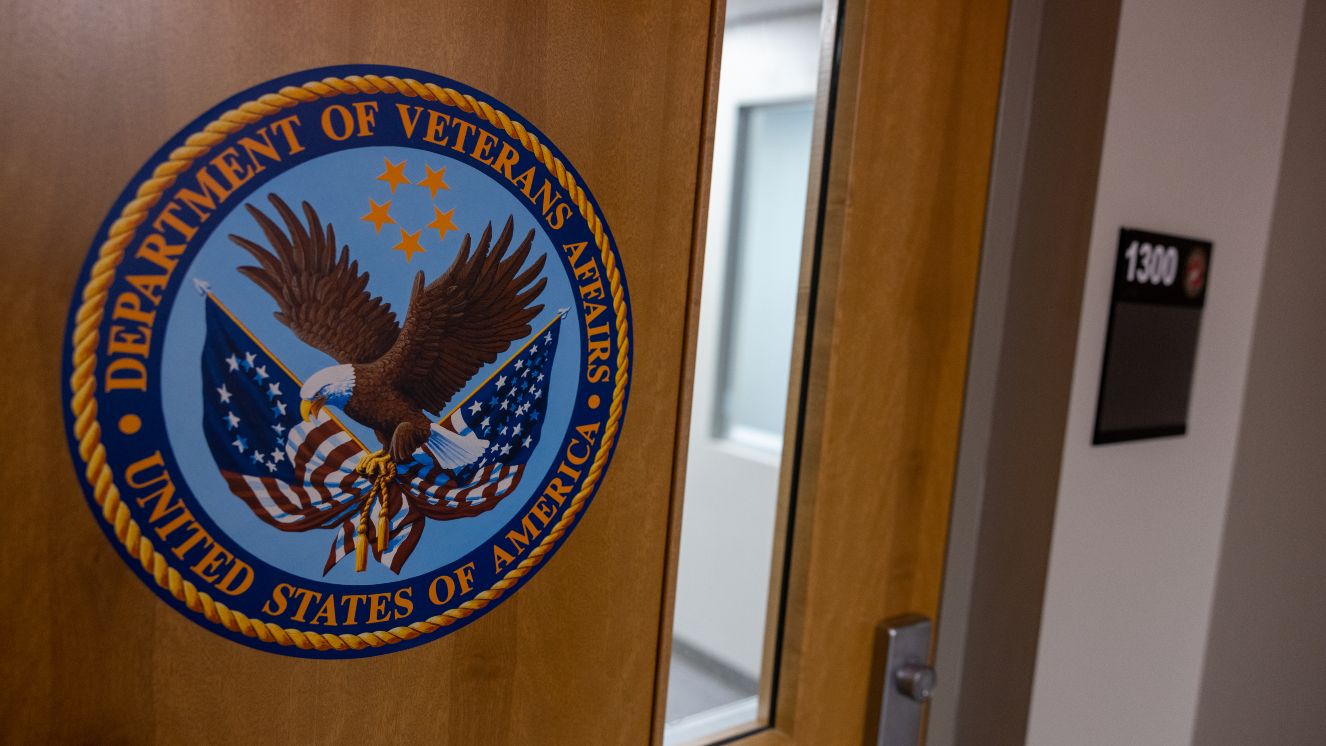JOB SEEKING AFTER SERVICE: WHEN DOES VETERAN STATUS END?
COMMENT
SHARE

Becoming a Veteran is no easy feat. Only those who leave the service with a certain degree of honorable discharge are allowed to lay claim to the title and receive benefits as compensation for their time. But with all the different types of discharge, how do you exactly know whether you will qualify for Veteran status? We’re here to answer that very question.
Veteran Status Meaning: What Is It?
Veteran status is when someone retires or is discharged from the service with an honorable discharge of some kine. Discharges come in various stages, ranging from the coveted honorable discharge, to the abhorred dishonorable discharge. Aside from discharges, someone can only be labeled as a Veteran if they served in either the Army, Marine Corps, Navy, Air Force, Coast Guard, or Space Force. The individual must also have served for a minimum of ninety-days in order to claim Veteran status upon retirement or discharge. Now that we’ve cleared the basics, let’s take a moment to briefly go over what the differing levels of discharge are. Let's also look at how they affect you and your Veteran status.
Honorable Discharge
As the name implies, to be released or retire from the service with this level of discharge is the highest honor a service member could exit with. It shows that the individual maintained a strict record of discipline, good conduct, was always attentive. Additionally, they showed up to perform their tasks, and were respectful to those above them. With the honorable discharge comes every and all benefits that one can expect from the military.
Under Honorable Conditions
A level below honorable discharge, under honorable conditions is the second highest form of honorable discharge one can hope to achieve within the military. Despite what the name implies, this level of discharge isn’t much different than an honorable discharge. The only main difference is that some benefits will be held back, such as the GI Bill and education benefits.
Under Other than Honorable Conditions
This level of discharge is where we start to get into risky territory. Two rungs below honorable discharge, under other than honorable conditions is an undesirable discharge to receive when talking about Veteran status. Though you will still be a Veteran if you retire/are discharged with this level, you will have a harder time receiving VA benefits. While you will still have access to benefits, you will have to perform a character of discharge test to see if you are eligible to receive said benefits.
Bad Conduct
This one is exactly what it sounds like. To receive a bad conduct discharge means that an individual has been found guilty of actions such as:
- Being inebriated on the job
- Driving under the influence of drugs or alcohol
- Committing adultery or being arrested for disorderly conduct
Individuals who receive a bad conduct discharge will not receive any benefits naturally. If the service member in question wants to be eligible for benefits then they will have to have themselves received by the VA. This is most definitely not the ideal scenario to find yourself in if you’re concerned about your Veteran status.
Dishonorable Discharge
The lowest form of discharge a service member could possibly receive. A dishonorable discharge may include the following criminal charges:
- Murder
- Desertion
- Fraud
- Treason
- Sexual Assault
- Espionage
Alongside these charges comes the loss of any and all VA benefits, as well as any chance of federal employment and rights as a civilian. Individuals who receive a dishonorable discharge will be stripped of their Veteran status completely. Service members should do everything in their power to avoid ending up with this level of discharge.
Veteran Status Protection
After retiring and entering the civilian world, many Veterans find themselves in need of a new career to sustain themselves. The problem that many Veterans face, however, is their lack of experience in many civilian type jobs, as well as certain special conditions that need to be met due to their physical or mental health struggles.Veteran status protection under VEVRAA exists to side-step this issue. Through Veteran status protection, workplaces must treat Veterans like they would any other employee/potential employee. This makes it to where Vets aren’t given an unfair shake.
Veteran Self-Identification Status
Thanks to Veteran status protection, Vets are also safer to disclose their status as a Veteran to employers and not be concerned about being treated differently. VEVRAA lists a protected Veteran as someone who is:
- Disabled
- A Veteran who served in active duty in the U.S. military during a war or in a campaign in which a campaign badge was authorized under the laws administered by the Department of Defense
- A recently separated Veteran
- Armed Forces Service Medal Veteran
With this level of protection, thanks to Veteran status protection, Vets who fall into these categories are safer from discrimination from employers or potential employers. However there might still be ways in which employers could try and find a workaround. However, it is much too risky to attempt with this level of protection.
The Importance of Veteran Status
Veteran status is extremely important for those who have enlisted. Though our brave men and women in the armed forces didn’t sign on for what they could get out of it later down the road, when it comes time to receive your benefits you will be better off for it. With all of the difficulties that service members are prone to experiencing, it helps massively to be able to have access to the various types of benefits that the military offers. Be it medical, education, home loan, insurance, pension, or employment, benefits made available via your Veteran status can be a game changer once you finally leave the service. If you play your cards right, you’ll enter the civilian world with everything to make sure it’s an easy transition. Read next:
Join the Conversation
BY IAN KEMPF
Ian Kempf is a Contributing Writer at VeteranLife.com.
Ian Kempf is a Contributing Writer at VeteranLife.com.



